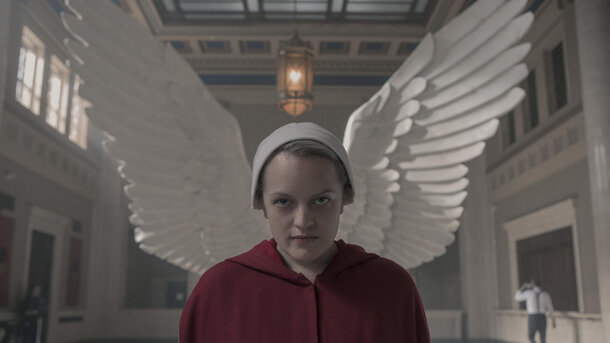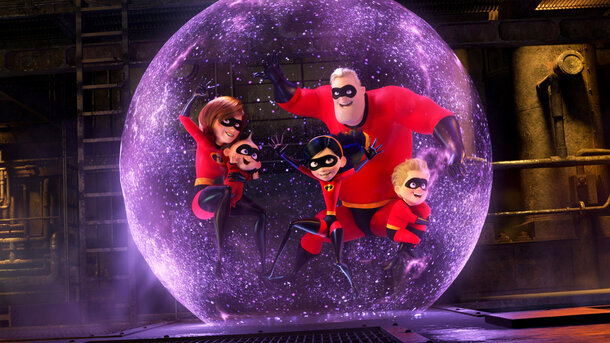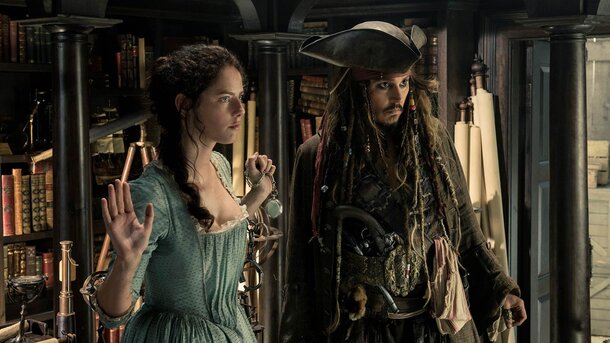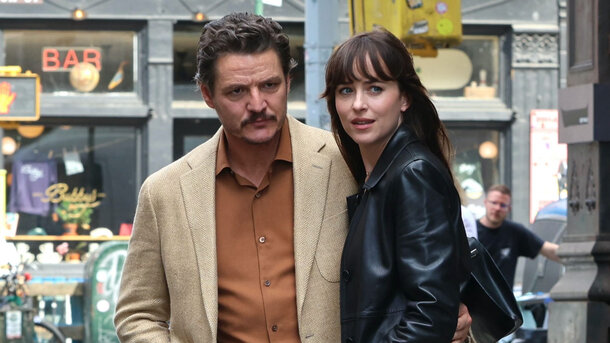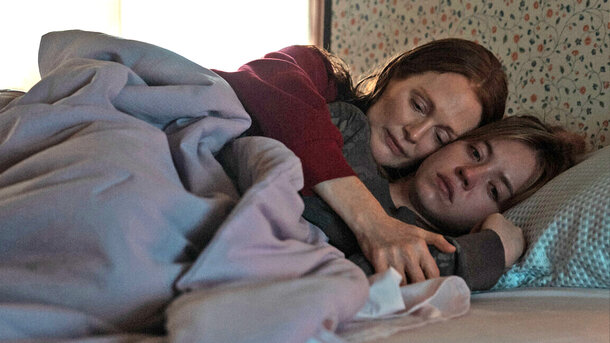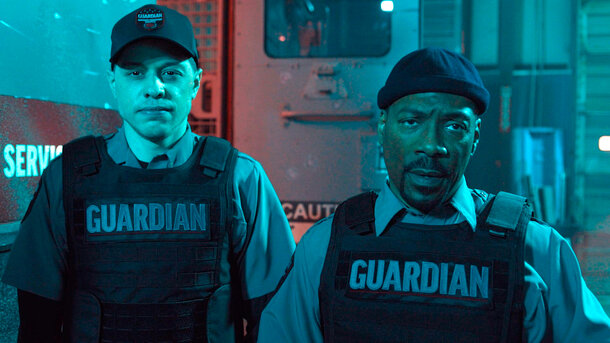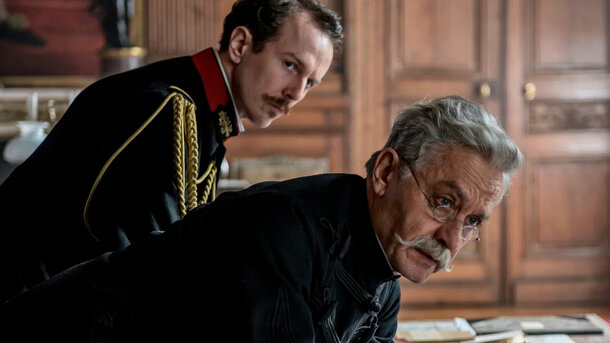After nine years of playing June Osborne, Elisabeth Moss returned to the room where it all began — this time not only as the lead, but also as the director of The Handmaid's Tale’s quietly devastating finale.
Bringing the story full circle, the final scene echoes the very first: a simple inventory of a room — a chair, a table, a lamp — but loaded with the weight of everything June has survived. For Moss, recreating that iconic voiceover wasn’t just emotional; it was technical. With only minutes to spare before shooting, she pulled up Episode One on her phone, thanks to her $17.99 Hulu subscription, to revisit the original monologue, just as she had delivered it nearly a decade earlier.
"I realized that I had to memorize the speech, which I hadn’t done yet. Then I also realized I had to memorize it in the cadence of the original voiceover. And if I want to put the original voiceover from episode one in my mouth in post, I have to say it the way I said it," actress shared. "Otherwise, there would be a gap and it would not match."
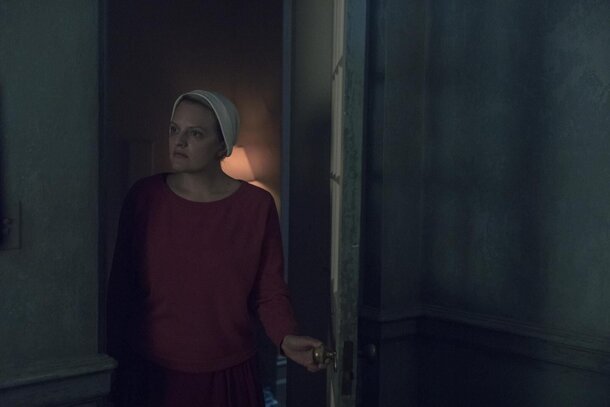
The finale is rich with symbolic closure, yet it refuses to tie everything into a neat bow. June and Hannah are still separated. Gilead, though shaken, remains. But Moss insists this is precisely the point. "It would be unrealistic if somehow June, in one episode, was able to topple this evil empire," she explained. "This war is won book by book, protest by protest." Instead of delivering a revolution, the show leaves us with resistance — personal, ongoing, and unresolved.
From closed sets to carefully timed snow machines, Moss took great care to shape the final moments not only as a performer but as a storyteller. She made the decision to shoot the final scene alone, protecting its emotional intimacy. "I knew the most important job I had that day was to be June," she said, "and to be present in that moment." It’s a small detail, but a telling one — much like that streaming scroll on her phone before the take.
In the end, The Handmaid’s Tale finishes not with catharsis, but with continuity. There is no clear victory, no family reunion, and no final act of vengeance. But there is memory, voice, and legacy. For Moss — and for viewers — that’s the fight that still matters.
